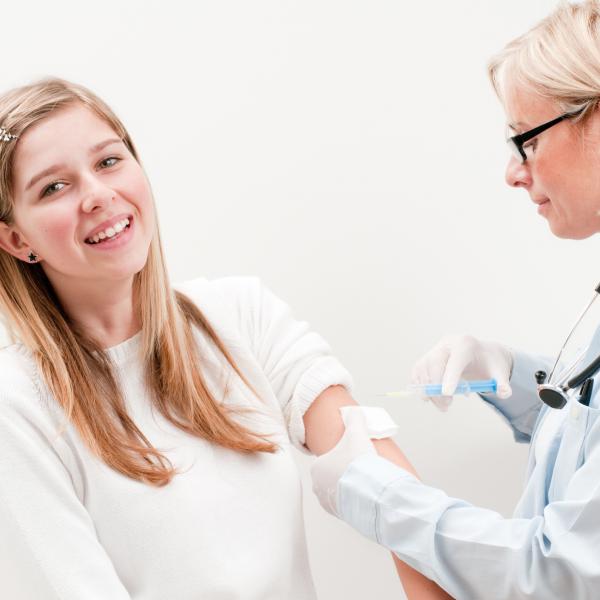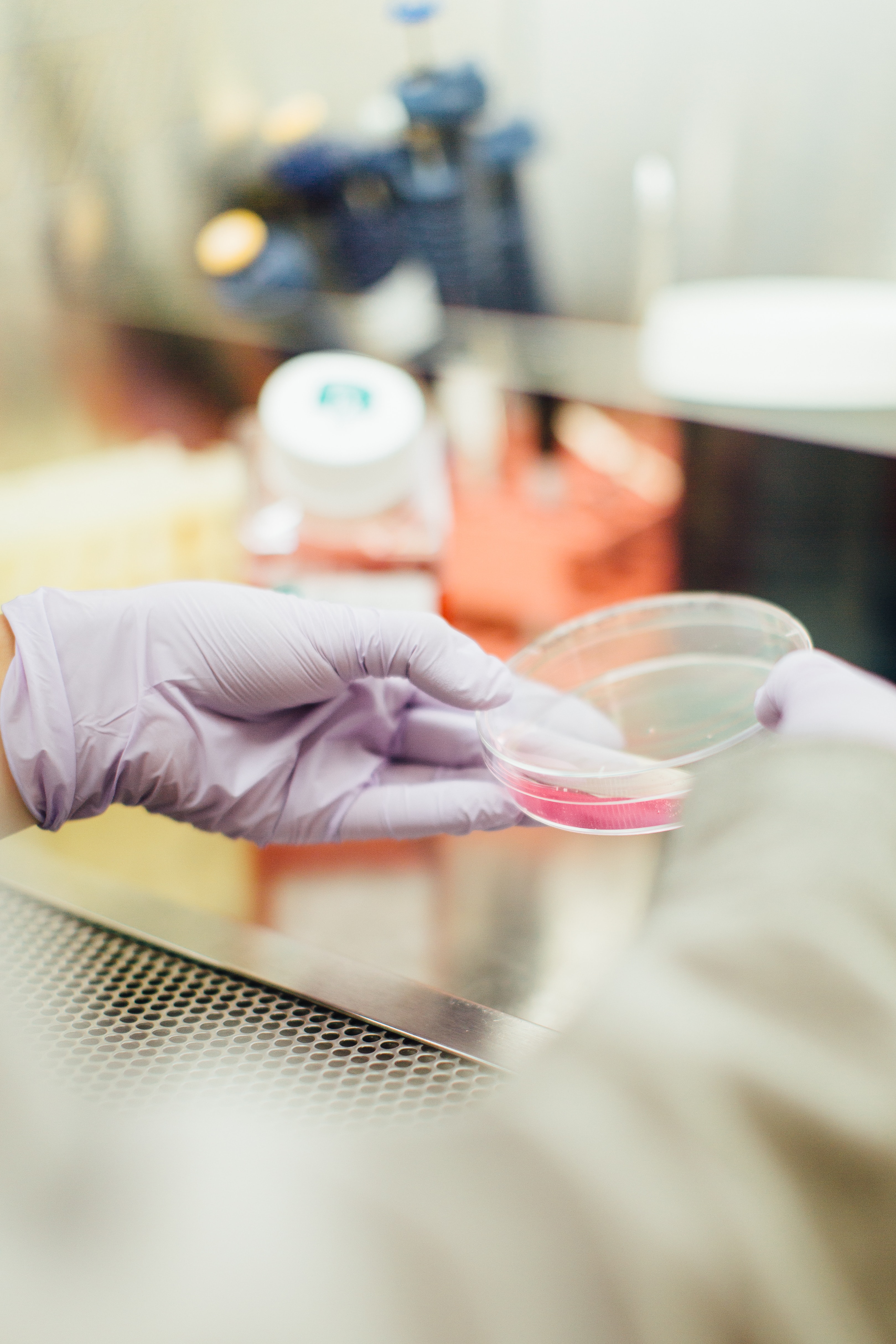Symptoms and diagnosis of ALL

Symptoms of ALL
Many of the symptoms are caused by the change to normal blood cell production. You may not have all or any of the symptoms which include:
- Big and small bruises on the skin, especially the legs. These tiny bruises can look like a rash. They are caused by a failing platelet count.
- High temperatures or fevers, repeated infections - caused by fewer white blood cells.
- Tiredness (fatigue), shortness of breath and weakness - caused by fewer red blood cells (anaemia).
- Blood in your urine or stools (poo), or swollen or bleeding gums - caused by fewer platelets.
- Aching bones and joints - caused by too many abnormal cells in your bone marrow.
- Enlarged glands, for example in one or both armpits, in the groin or neck, or enlarged tonsils.
- Enlarged spleen or liver - you may have a poor appetite, pain in your abdomen (tummy) or abdominal swelling.
- Sepsis - this is a reaction to an infection. You may feel generally unwell, have a high or low temperature, or feel shivery. These symptoms require urgent action.
- Loss of appetite.
All these symptoms can be caused by conditions other than cancer, but it’s important to go to the GP and get any unusual changes checked.
Symptoms of ALL can be vague and include lethargy, lack of energy and general inability to do the things you normally do. If you have symptoms that are troubling you, or new symptoms appear, tell your doctor.
Can I be screened for ALL?
Testing for ALL when you have no symptoms is called screening. There is no leukaemia screening programme. This is because there have been no tests proven to help predict leukaemia. If you are worried about leukaemia, contact your family doctor (GP).
Diagnosing ALL
Your family doctor (GP) will talk to you about your symptoms and arrange blood tests, if needed. If your blood test is abnormal you will be referred to hospital for more tests. For example:
- Physical examination: Listening to your chest, feeling your abdomen, asking questions about how you have been feeling recently.
- Blood tests, such as a full blood count. This finds out the levels of the different types of blood cells in your blood.
- Bone marrow biopsy: Taking a sample of your bone marrow (and maybe bone) and looking at it under a microscope to see the number and type of cells in it.
- Lumbar puncture: Taking a sample of the fluid that surrounds your brain and spinal cord using a needle in your lower back. The fluid will be checked for cancer cells.
- Chromosome studies (cytogenetics): These tests look at how DNA is laid out and organised within a cell. DNA is a molecule that contains all of our genetic information. In chromosomes, DNA is twisted and coiled to protect it from damage. This test detects big mistakes in the layout of the cell's genetic material. For example, sometimes with ALL, there is an abnormal chromosome called the Philadelphia chromosome.
- Immunophenotyping: Checking for proteins or markers on the surface of the leukaemia cells to give more information about your type of ALL.
You may require other tests, such as a chest X-ray or lymph gland biopsy. However, not every person requires these.

A haematologist is a doctor who specialises in treating blood and bone marrow problems.
For more information
Phone
1800 200 700



